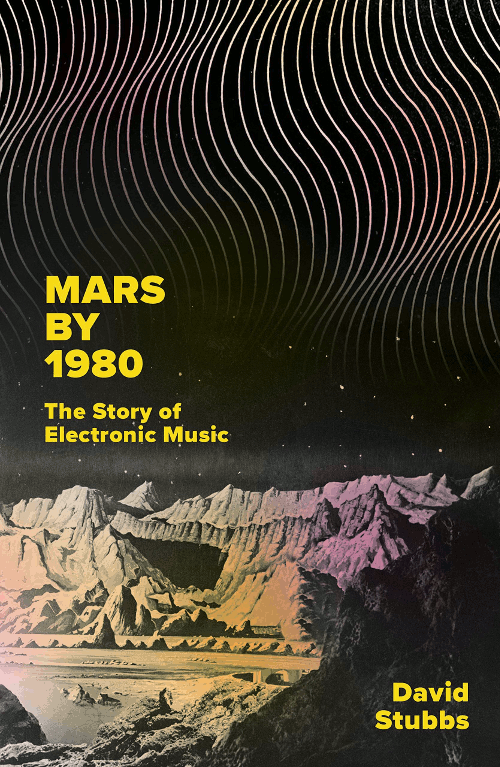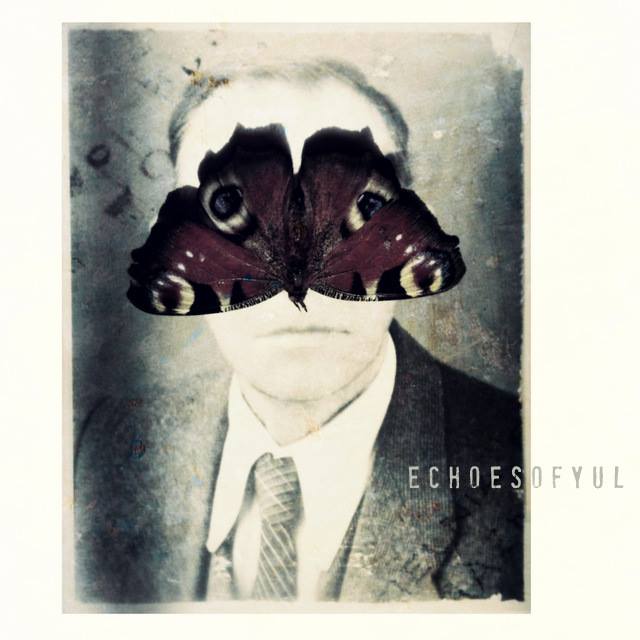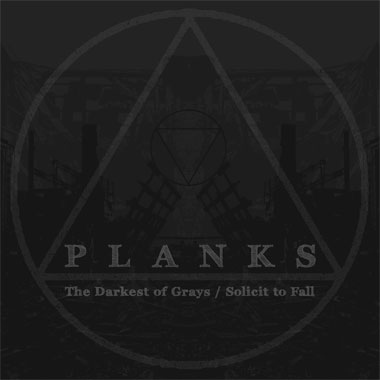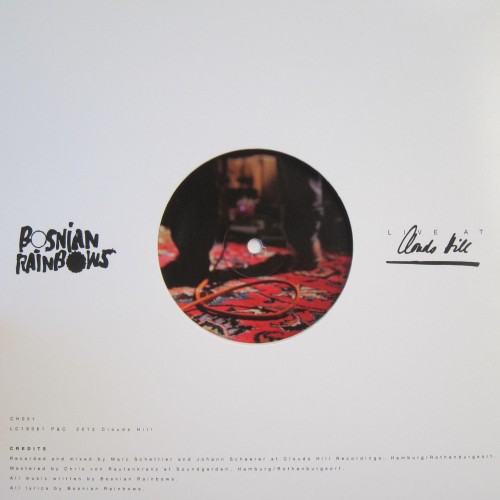 There’s so much here. This book has almost been written several times, but here we have it; the real deal. If much of this material has been covered in other places, David Stubbs injects everything with a new light and throughout he maintains a sense of reverent shock and awe at the sound itself.
There’s so much here. This book has almost been written several times, but here we have it; the real deal. If much of this material has been covered in other places, David Stubbs injects everything with a new light and throughout he maintains a sense of reverent shock and awe at the sound itself.
He’s not dabbling in the usual “sonic alchemy” archetypes, not implying (except on rare occasions) that the music here transcends music, but instead is showing a gentle progressive wave, which ebbs and flows and turns back onto itself, so that the early Art of Noise (not those ones) pioneers like Luigi Russolo have their moment in the sun again and again, first explicitly and then through influence. The electronic squiggles, pads and washes, the crackle and hum(chatter) of machine energy passes through this history of electronic music like vapour (waves). It never tries to append these to the other history of rock. This is reinventing the canon. Electronic music, fogfucked as it is through various iterations, is given a sense of extreme purpose, even in its most “pop” forms.
There’s also a lot I hadn’t heard before. While many have sought to add weight to their music (and music writing) by evoking Deleuze and Guattari’s loose and lost philosophy, Stubbs wears his learning lightly, interjecting with a bit of Jacques Derrida (the idea that there are no records, simply a conflation of other records) to describe exactly what it felt like to embrace these new forms as a listener in my teens. This is music made from the bits of feedback and echo and fizz that I liked in other music. This is music made by the acid trailers of rock, exemplified perhaps in Can, etc. Importantly, the theory sits easily amongst the musical ambitions, and it never feels that he’s using a theorist to prop up a half-hearted, atheoretical noise artist. Even when he writes about the music as (serious or silly) art qua Art, as in the section on Matt Herbert, he does so with a sense of modernism as indecision: is it about pleasure, jouissance or intellect? Were the foghorns of Futurism calling out the (soon to be) dead or were they cackling madly in the shadows?
While the press jumped on the dream angle, Stubbs also highlights the lucid part of much of the artistry here… the Surrealists were less interested in lucidity, these guys want to manage the chaos, even if they’re pretending they don’t. We’ve all listened to those Karlheinz Stockhausen lectures on YouTube, but few it seems are willing to admit that the “music as organised” sound is the key to understanding where he’s going with his whooshes and crackles. He’s not mucking about and not really experimenting; he’s working with things in a way that makes you think he knows in advance where they ought to be.
I also like the way he highlights that many of the artists are forever waiting for technology to catch up with their vision, and it would be interesting to somehow “hear” the sounds in their heads as they go about their business… there must be untold numbers of tracks and albums that are yet to see the cold light of circuitry, either due to lack of skill or technology. On the flipside there is the likes of Throbbing Gristle making a virtue out of not waiting; putting things out there regardless of being able to. And aligned to that (TG were more like Be-In hippies than punks) the likes of the crusty rave crowd, piecing together music from all kinds of genres, making do and ending up with an altogether more ragged and blown-apart aesthetic based loosely on the cold machine minimalism of Detroit.
I could go on, but I won’t. Mars By 1980 teems with great stuff and is destined to become one of my favourite music books. There are omissions – no Coil, not really much on Autechre, which seems a bit weird, but maybe that’s just my bubble – but they really don’t matter in the context of where this is all going. Put this on your Christmas lists, kids; you can ignore the family for the whole day.
-Loki-



